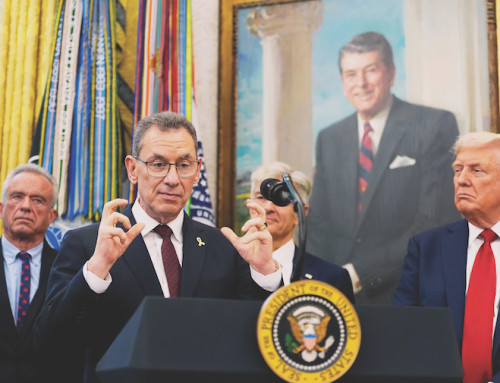President Donald Trump says he will slap a 100 percent tax on movies made outside the United States, a directive aimed at protecting a business that America already dominates.
Claiming that movie production “has been stolen’’ from Hollywood and the United States, Trump posted on his Truth Social platform that “I will be imposing a 100 percent tariff on any and all movies that are made outside of the United States.’’
It was unclear how these tariffs would operate, since movies and TV shows can be transmitted digitally without going through ports. Also unclear is what it would mean for U.S. movies filmed on foreign locations — think James Bond and Jason Bourne — or what legal basis the president would claim for imposing the tariffs.
The president had first issued the threat back in May. He has yet to specify when the tariff might go into effect.
In movie theaters, American-produced movies overwhelmingly dominate the domestic marketplace. Data from the Motion Picture Association also show that American films made $22.6 billion in exports and $15.3 billion in trade surplus in 2023, with a recent report noting that these films “generated a positive balance of trade in every major market in the world” for the United States.
Barry Appleton, co-director of the Center for International Law at the New York Law Center, warned that other countries may retaliate with levies on American movies or other services. In movies, “Brand America is way, way ahead,’’ he said. “What this policy does is actually cook the golden goose that’s laying the golden eggs.’’
In May, Trump claimed that the American movie industry is “DYING to a very fast death” as other countries offer “all sorts of incentives” to draw filmmaking away from the United States.
The International Alliance of Theatrical Stage Employees, which represents behind-the-scenes entertainment workers across the United States and Canada, said in May that Trump had “correctly recognized” the “urgent threat from international competition” that the American film and television industry faces today. Yet the union said it instead recommended the administration implement a federal production tax incentive and other provisions to “level the playing field” while not harming the industry overall.
“Traditional tariffs apply to physical imports crossing borders, but film production primarily involves digital services — shooting, editing and post-production work that happens electronically,” Ann Koppuzha, a lawyer and business law lecturer at Santa Clara University’s Leavey School of Business, explained when Trump first made his May threat.
Koppuzha added that film production is more like an applied service that can be taxed, not tariffed. Yet taxes require Congressional approval, which could be a challenge even with a Republican majority.








